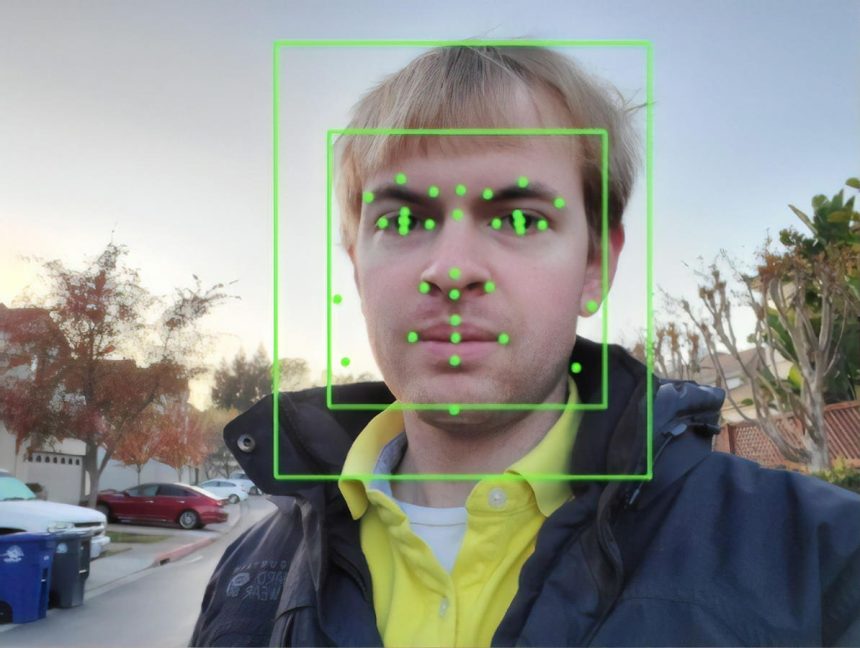This report details the discovery of a sophisticated dark web operation that undermines identity verification systems by collecting genuine identity documents and facial images. Unlike typical data breaches where stolen information is passively harvested, this operation actively solicits individuals, offering financial incentives in exchange for their personal data, creating a willing market for identity theft. The implications of this scheme are far-reaching, potentially facilitating various forms of fraud and highlighting the evolving nature of cybercrime. This “ID farming” operation represents a significant shift in the landscape of identity theft, moving beyond passive data breaches to active recruitment of individuals complicit in compromising their own identities.
The operation, uncovered by iProov’s biometric threat intelligence unit, has amassed a substantial collection of identity documents paired with corresponding facial images, specifically curated to bypass “Know Your Customer” (KYC) verification processes. KYC procedures are crucial for financial institutions and other regulated entities to verify the identities of their customers and prevent fraud. By acquiring genuine documents and images, the criminals behind this operation are creating “identity packages” that can be used for highly convincing impersonations, making detection through traditional verification methods extremely difficult. This method contrasts sharply with typical data breaches where stolen biometric data might be incomplete or inaccurate. The readily available, matched pairs of documents and biometrics represent a potent tool for fraudsters.
The most alarming aspect of this operation is the willing participation of individuals who are effectively selling their identities for relatively small financial gains. This active participation creates a significant challenge for security measures, as the information provided is not stolen but willingly shared, circumventing typical security flags and checks. Participants are not only jeopardizing their own financial security and risking potential identity theft but are also enabling criminal activities with far-reaching consequences. This willing participation transforms the individuals from victims of data breaches into active accomplices in a criminal enterprise.
The implications of this “ID farming” extend beyond individual financial loss. The availability of these comprehensive identity packages on the dark web empowers criminals to engage in a range of fraudulent activities, from opening fraudulent bank accounts and securing loans to potentially engaging in more complex schemes like money laundering or even identity-based terrorism. The ease with which these packages can bypass traditional verification methods necessitates a re-evaluation of current security protocols and the development of more robust systems that can detect and deter such sophisticated impersonation attempts.
The discovery of this operation highlights the constantly evolving nature of cybercrime and the need for heightened vigilance. It underscores the importance of educating individuals about the dangers of sharing personal information online, even in seemingly innocuous situations. The allure of quick financial gain can blind individuals to the long-term risks associated with compromising their identities, making them susceptible to exploitation by criminal organizations. The short-term profit pales in comparison to the potential long-term consequences of identity theft, including financial ruin, legal troubles, and damage to credit scores.
In conclusion, this dark web operation represents a significant escalation in the sophistication of identity theft. By actively soliciting individuals and acquiring complete identity packages, criminals are creating a readily available market for highly convincing impersonations, capable of bypassing traditional verification methods. This necessitates a renewed focus on security protocols, user education, and the development of more advanced technologies to combat this evolving threat. Individuals must be made aware of the long-term risks associated with sharing personal information online and understand that the short-term financial gains offered by such schemes are not worth the potential devastating consequences. The fight against identity theft requires a collective effort from individuals, businesses, and law enforcement to stay ahead of these increasingly sophisticated criminal operations.



